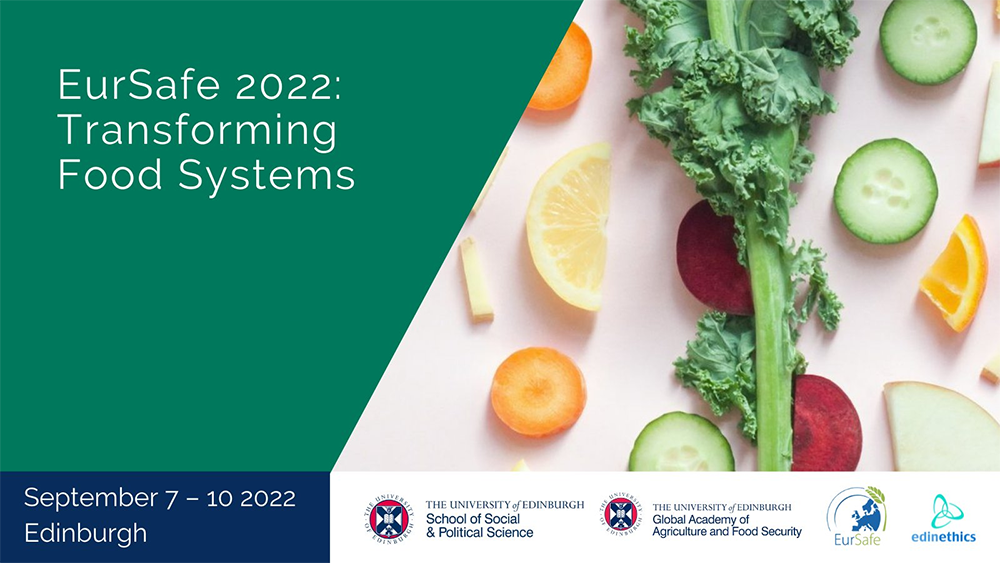Transformation, Adaptive Capacity and Resilience in the Greek agrifood regime during the pandemic
S. Arapostathis1, I. Theodorakopoulou2, S. Alexakis1, C. Iliopoulos2
1National and Kapodistrian University of Athens, Dept. of History and Philosophy of Science
2Agriculture Economics Research Institute (AGRERI)
Due to the recent ongoing pandemic, policymakers, NGOs and public policy analysts have pointed out the relation of the industrial scale livestock production and global food chain to the pandemics. The integration makes the regimes even more vulnerable and unstable. The Covid-19 pandemic strongly highlights system’s weaknesses. The transition studies approaches and more particularly approaches that work within the context of Multi Level Perspective (MLP),stress the issue of pressures on the regime actors and the way that they respond as an index of the adaptive capacity of the regime in radical and less radical “shocks” and pressures. Transition scholars have pointed out that the issue of governance introduces parameters that are related with the power and the agency of the incumbent regime actors to a. understand and perceive the problems and the challenges in a specific way, b. to allocate resources (human and financial) to respond to the challenges that the regime encounters, c. to select the pressures while neglecting others. (Smith and Stirling, 2007; Meadowcroft, 2007).
In the above analytical context, the present paper aims a. to provide a deep understanding of the perception of COVID19 by the incumbent regime actors in the Greek agrifoodsystem, b. to understand the responses and the articulation of pressures strategies they have developed, c. to provide insights about the Greek case and its specificities in the global setting, d to understand the regime dynamics articulated around alternative sociotechnical networks of food provision.
The emphasis is placed on meat production and associated supply chain systems. The paper is unravelling the articulation of pressures by incumbent actors and their strategies in steering change towards the resilience of the system both at the institutional and technological and industrial level. The analysis is based on a review of published reports, public press coverage and interviews with selected key actors.
For more information, please join: www.eursafe2022.ed.ac.uk


